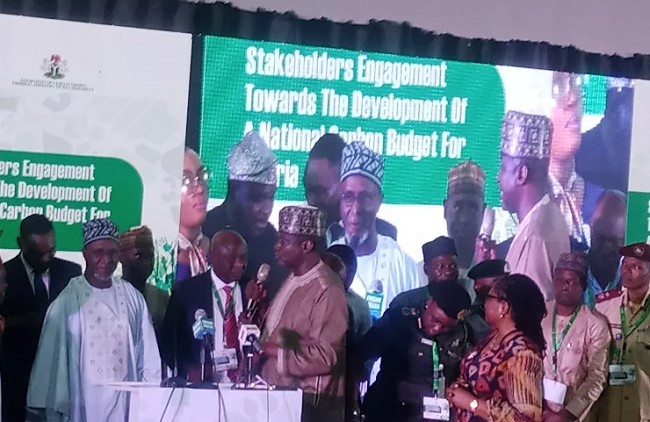SEO Riders:
– Public, private, and civil society groups pledge coordinated advocacy for Nigeria’s draft carbon market activation policy.
– Initiative aims to establish a transparent registry, MRV systems, and equitable benefit-sharing with communities.
– Framework supported by NCCC and ACMI, targeting up to US $2.5 billion in carbon market investment by 2030.
Environmental advocates, development organisations, academic institutions, and community groups have pledged to champion Nigeria’s Carbon Market Activation Policy, calling for its swift adoption. They emphasised the importance of robust measurement, reporting, and verification (MRV) infrastructure and a transparent national carbon registry aligned with Article 6 of the Paris Agreement. The stakeholders reaffirmed their commitment to ensuring that the framework benefits smallholder farmers, local communities, and underrepresented groups by embedding mechanisms for fair revenue sharing and land tenure safeguards.
Formalised by the National Council on Climate Change (NCCC), the policy aims to unlock up to US $2.5 billion in high-integrity carbon credit investments for Nigeria by 2030, positioning the country as a leader in Africa’s emerging carbon economy . Stakeholders stressed the need for clear regulatory guidance, investor-friendly project eligibility rules, and inclusive governance structures—highlighting early wins from pilot projects like Lagos’s clean cookstove initiative and agritech carbon trial schemes. As Nigeria nears finalisation of the regulatory framework, there is strong consensus that environmental stewardship and economic opportunity must advance hand-in-hand
